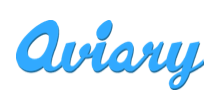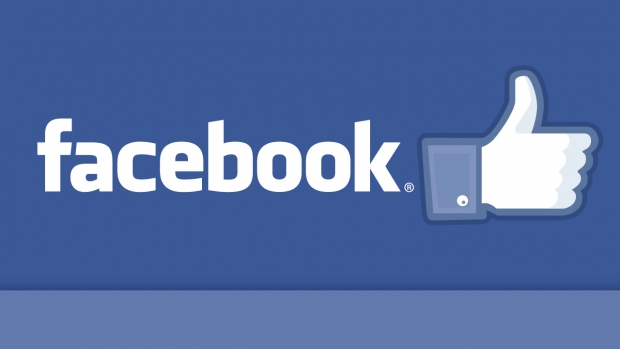When I saw last night that image editing start-up Aviary had been acquired by image editing behemoth Adobe my initial reaction was 'Hmm. Great for the Aviary team; but I'm not sure it's so great for consumers.' Fifteen or so hours on from that, and my opinion hasn't changed considerably. I'd probably augment it with 'Smart move by Adobe.' Using the term 'start-up' to describe Aviary might not be entirely accurate, but it's a question of interpretation, I suppose. It has been around since 2007 and its code has been used to edit over 10 billion photos. Even if you don't use its smartphone app to adjust your images, you might well have come across its editing tools that have been built into platforms such as Flickr and Mailchimp using its software development kit.
Great for Aviary
If part of the definition of 'start-up' is the intention to see your company acquired by another one, then Aviary at least meets that criterion. Judging by Aviary CEO Tobias Peggs' effusive blog post announcing the acquisition, this is all their Christmases, Chanukahs, and Eids rolled into one. And that's even without the agreed fee being disclosed.
The Aviary offices are close to those of Behance, which was acquired by Adobe in 2013. Their proximity meant the Aviary people talked a lot with Scott Belsky, Behance's co-founder who now serves as Adobe's VP of Products and Community, and 'it became obvious that we shared a strong vision for mobile creativity. It became even more obvious that we should join forces, accelerate combined efforts and better serve even more app developers and even more people wanting to be creative on mobile.' Aviary is all about allowing people to be creative, through its own apps and through its SDK. It thinks it can better do this by partnering with Adobe.
Smart move by Adobe
Apart from Aviary's app being a peach and Adobe being keen to expand its mobile prowess, Aviary's SDK is well established. Adobe's isn't: it launched as a beta in June. According to Scott Belsky: 'We have high hopes for the Creative SDK and are thrilled that Aviary will infuse wisdom, technology, and reach to new developers.' Provided that the likes of Flickr, Mailchimp, and Shopify don't run screaming, Adobe has made a calculated acquisition to expand itself into a market where it didn't have a strong foothold. For anyone familiar with the English Premier League, it feels a little like accusations of Manchester City buying its way to football titles rather than building its own team. If you can't beat the opposition, buy it.
Not so great for consumers?
We know that I'm cynical; it says so in my Twitter bio. Thus from my cynical consumer standpoint, I wonder how beneficial this is for Aviary's users. The Aviary and Adobe teams are enthusiastic for what they can build together, but in trying to merge two company's visions into one coherent strategy how much creativity will be sacrificed and how much will consumer choice suffer? To what degree might smaller company 'Let's do this!' mentality be eclipsed by corporate hierarchy? Might Aviary become less accessible as it is absorbed into Adobe's Creative Cloud?
My visceral reaction is that while there are potential benefits to be harnessed from the acquisition, there are plenty of pitfalls, too. I'd like to be proved wrong. I hate the see a good thing fail and I really like Aviary.
However, whether Aviary was 'right' to sell or not isn't within my purview, not really. It's a company, it's not the NHS. It acts in its best interests, not mine. I wish them all the best.







